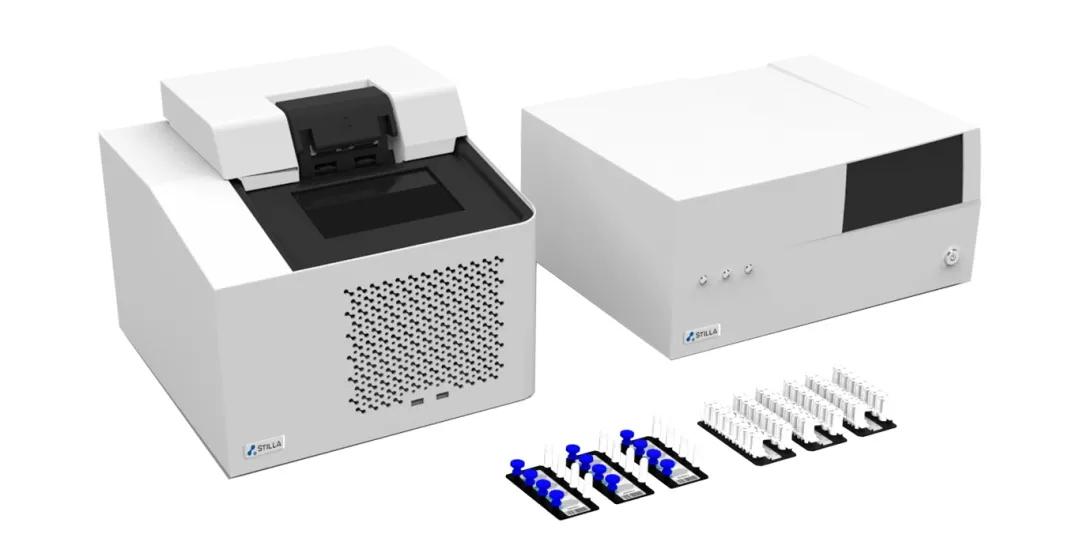

Stilla Technologies Digital PCR System
naica®Crystal Digital PCR System
NaicaTMCrystal Digital PCR System
Azure Biosystems Real-Time PCR Systems

Gene-π Digital PCR Technical Training --On April 7, 2021, Digital PCR training camp completed in Zhangjiang Medicine Valley, Shanghai by Beijing Cycloud Biotechnology Co., Ltd. The training camp focused on the core contents of digital PCR principle system, experimental operation, application progress and result analysis, quality control in advanced treatment and quantification of viral vector standards in the form of theory combined with practice, which was well received by the participants.
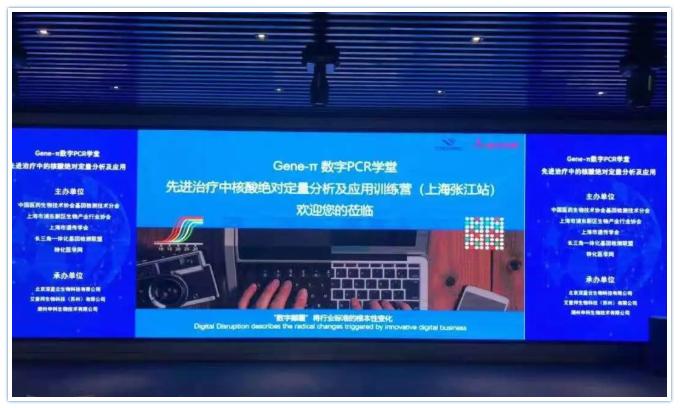
The invention and development of digital PCR technology has provided a brand new idea for precise quantification of nucleic acids and genetic testing, which can achieve absolute quantification at the single cell/single molecule level. Currently, this technology has achieved breakthrough applications and developments in many fields such as individualized tumor diagnosis and treatment, gene editing, liquid biopsy, pathogenic microorganisms, advanced therapeutic detection and other cutting-edge life science research, clinical medical testing, and drug development.
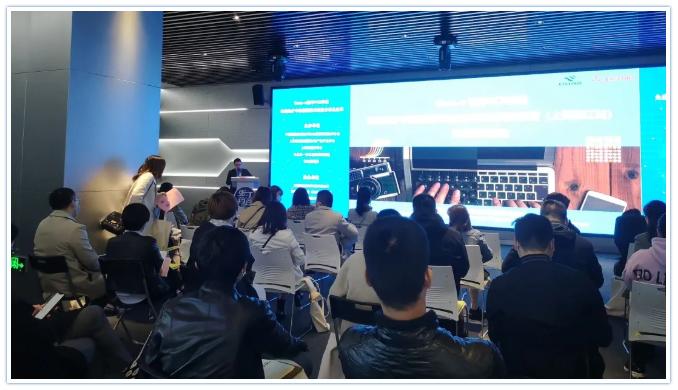
In order to better understand digital PCR technology for the majority of clinical and research workers, this camp provides a detailed introduction to the third generation digital PCR technology and naica®️ microdrop chip-based digital PCR technology introduction, digital PCR system principles, naica®️ digital PCR nucleic acid absolute quantification technology and applications in advanced therapy, as well as hands-on exercises.
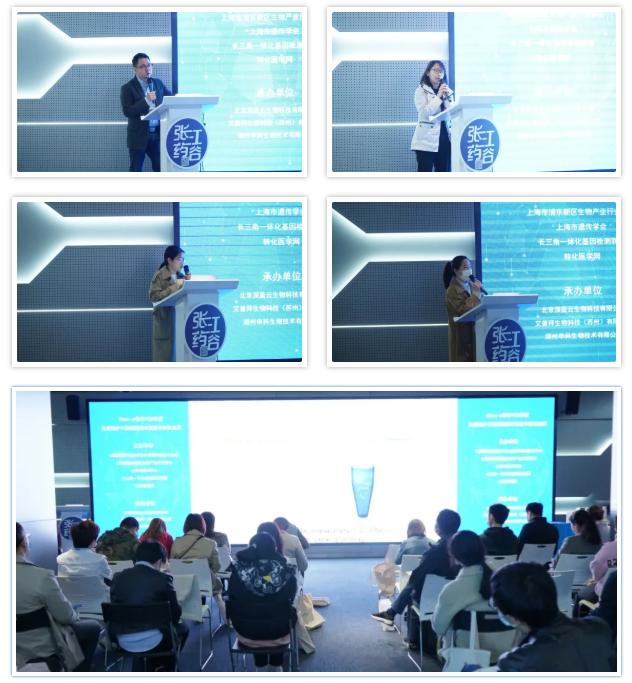
▲ Experts are making wonderful sharing
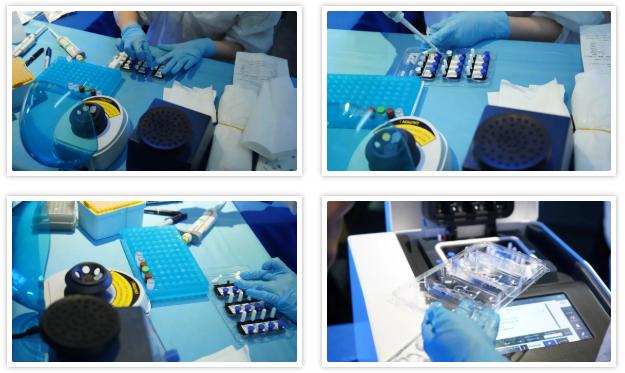
▲ Experimental operation
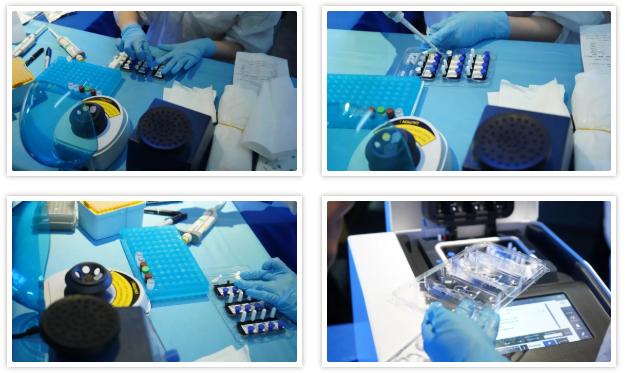
In order to better understand digital PCR technology for the majority of clinical and research workers, this camp provides a detailed introduction to the third generation digital PCR technology and naica®️ microdrop chip-based digital PCR technology introduction, digital PCR system principles, naica®️ digital PCR nucleic acid absolute quantification technology and applications in advanced therapy, as well as hands-on exercises.
naica®digital PCR system
naica®digital PCR system, with Sapphire chips (fully automated) or Opal (high-throughput) chips as consumables, forms a 2D array of 25,000-30,000 microdrops for PCR amplification experiments in a monolayer tiling format. The reaction is completed with a three- or six-color channel assay of the microdroplets, resulting in absolute quantification of the starting nucleic acid concentration. within 2.5 hours, results are available quickly.
